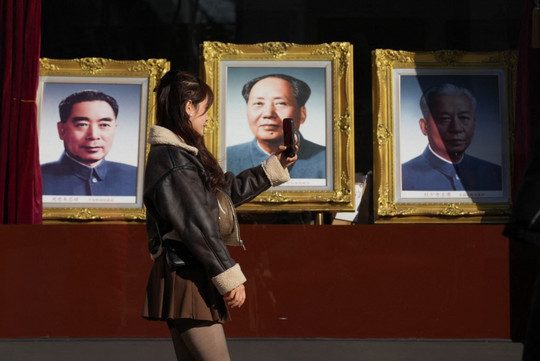According to state-owned media outlet Xinhua News Agency, the extension of the Chinese government’s campaign which began in 2022, titled ‘Cracking Down on Fake News’, will target allegedly false information on financial or political issues, particularly relating to the ruling Communist party or state policy. China’s Central Propaganda Department and 12 other state institutions will continue to monitor and remove ‘unsanctioned’ content across social media and traditional news outlets.
Foreign correspondents operating in China face increased administrative hurdles, with this announcement solidifying the hostile environment faced by media professionals working for overseas media outlets. Attention will also be directed towards those allegedly committing crimes in the name of journalism.
Since 2022, the Chinese government has “punished commercial websites, internet organisations and public accounts that illegally reported news, cleaned up fake media, and punished organisations and media personnel that published news for profit”, according to a report by Xinhua cited by South China Morning Post.
China’s journalist accreditation system has also continued to stifle independent and citizen journalism. Under current legislation, citizen and self-employed journalists cannot attain accreditation from the National Press and Publication Administration, the body which distributes and administers the necessary tests and press credentials required to legally work as a journalist in China. Ambiguously worded charges have led to non-authorised journalists facing years of pre-trial detention in often harmful conditions.
In one of China’s most recent censorship efforts, the Cyberspace Administration of China (CAC) repressed the spread of ‘gloomy sentiments’ regarding the impact of China’s revocation of zero-covid controls over the Lunar New Year holiday period. Medical experts and epidemiologists have accused Chinese authorities of undercounting COVID-19 deaths by several hundred thousand.
The IFJ said: “This latest announcement by authorities to continue their crackdown on ‘false information’, and the ongoing obfuscation of COVID-19 statistics is typical of China’s deliberately hostile attitude towards free information and independent and critical media. The IFJ urges Chinese authorities to respect freedom of information, and to separate journalistic and criminal activity in its ‘crackdowns’.”

